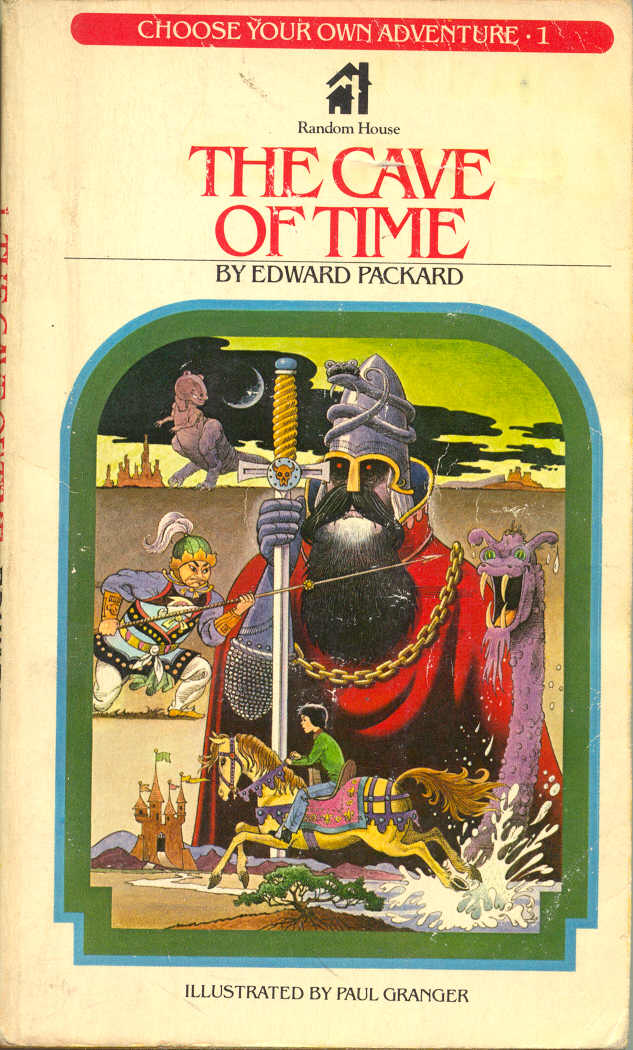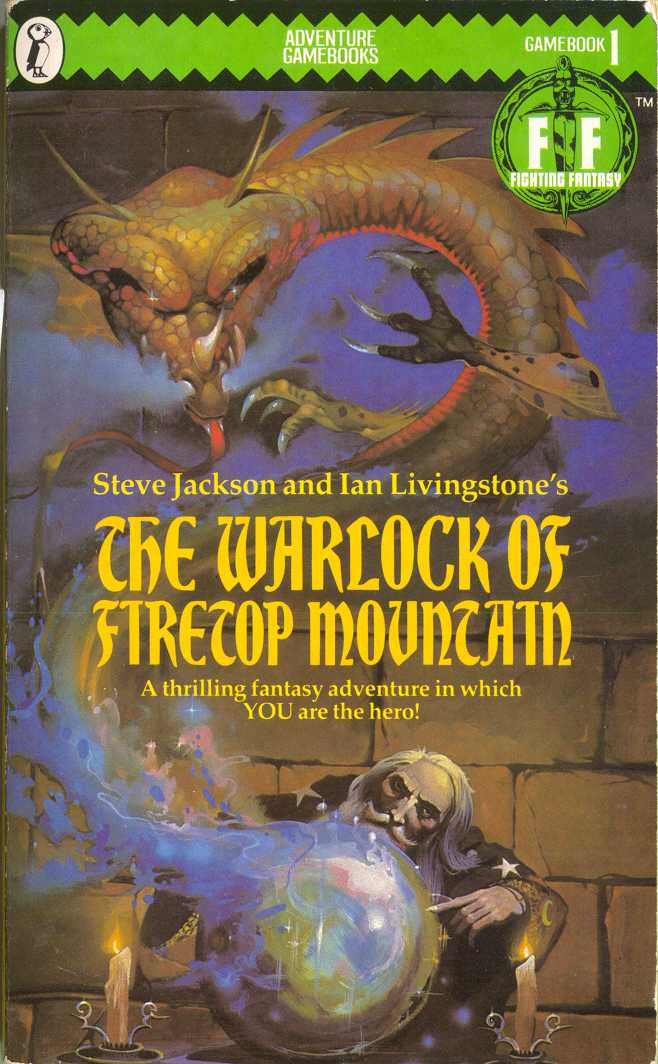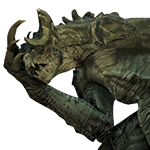-
Welcome to rpgcodex.net, a site dedicated to discussing computer based role-playing games in a free and open fashion. We're less strict than other forums, but please refer to the rules.
"This message is awaiting moderator approval": All new users must pass through our moderation queue before they will be able to post normally. Until your account has "passed" your posts will only be visible to yourself (and moderators) until they are approved. Give us a week to get around to approving / deleting / ignoring your mundane opinion on crap before hassling us about it. Once you have passed the moderation period (think of it as a test), you will be able to post normally, just like all the other retards.
You are using an out of date browser. It may not display this or other websites correctly.
You should upgrade or use an alternative browser.
You should upgrade or use an alternative browser.
Incline Disco Elysium - The Final Cut - a hardboiled cop show isometric RPG
- Thread starter Zero Credibility
- Start date
- Joined
- May 13, 2018
- Messages
- 1,292



Hey Infinitron when will Codex announce GOTY?
fantadomat
Arcane



https://rpgcodex.net/forums/index.php?threads/codexian-goty-2019.130992/Hey Infinitron when will Codex announce GOTY?
toro
Arcane

- Joined
- Apr 14, 2009
- Messages
- 14,967
Hey Infinitron when will Codex announce GOTY?
we should skip 2019
- Joined
- Jan 28, 2011
- Messages
- 100,125















Hey Infinitron when will Codex announce GOTY?
I guess we should start thinking about that. What's your plan, felipepepe?
overly excitable young man
Guest
Can't we just give it to some retarded indie game or roguelike?
I mean were there any other CRPGS in 2019 at all? Name some.
overly excitable young man
Guest
You know the poll thread.
From those the following are probably better than Disco Elysium:
-TOW
-Grimshade
-Druidstone
-A Legionary's Life
-The Surge 2
-Outward
-Legends of Amberland
-That New Vogel game
-Stygian
From those the following are probably better than Disco Elysium:
-TOW
-Grimshade
-Druidstone
-A Legionary's Life
-The Surge 2
-Outward
-Legends of Amberland
-That New Vogel game
-Stygian
I guess could start the voting next weekend, since we didn't get any big releases by the end of the year. Depends on how busy I amI guess we should start thinking about that. What's your plan, felipepepe?Hey Infinitron when will Codex announce GOTY?
From those the following are probably better than Disco Elysium:
-Stygian

better than Disco Elysium:
-Stygian

Harthwain
Arcane
- Joined
- Dec 13, 2019
- Messages
- 5,586
I had similar reaction to The Surge 2 and "That New Vogel game".
overly excitable young man
Guest
Ok. Let's make a compromise.
Legends of Amberland.
I don't like blobbers myself that much but how can you hate that game?
One man project bringing back something a lot of people loved back then.
Legends of Amberland.
I don't like blobbers myself that much but how can you hate that game?
One man project bringing back something a lot of people loved back then.
- Joined
- Jun 21, 2018
- Messages
- 4,261

Because by blobber standards it's even shallower than Disco Elysium with none of the good fluff. It's not a matter of hate, it's a matter of indifference.I don't like blobbers myself that much but how can you hate that game?
overly excitable young man
Guest
I thought MMs already were pretty shallow. Even more? Oh my.
Well at least 2020 looks promising.
Well at least 2020 looks promising.
- Joined
- Oct 3, 2015
- Messages
- 13,389
I don't usually write "I fixed it for you", but I fixed it for you.Disco Elysium is my choose-your-own-adventure game of the year.


Though really, it's a digital version of a gamebook, i.e. something that adds RPG elements to a CYOA book.


fantadomat
Arcane



I see that you are bitchy because i made the goty poll....for a third year.Hey Infinitron when will Codex announce GOTY?
I guess we should start thinking about that. What's your plan, felipepepe?
The unofficial poll is good, but it's the official one which has the chance to spark drama and butthurt.
fantadomat
Arcane



LoL official and unofficial as if there is any actual structure hereThe unofficial poll is good, but it's the official one which has the chance to spark drama and butthurt.
"Official" is when it has a newspost about itLoL official and unofficial as if there is any actual structure hereThe unofficial poll is good, but it's the official one which has the chance to spark drama and butthurt.. Mine is for registered users while felipepepe is for everyone that knows about the site. Which is fine,tho i don't see why infi is so bitchy about it.
Prime Junta
Guest
More polls, more drama, everybody wins. And we don't even have to assassinate anyone!
fantadomat
Arcane



don't even have to assassinate anyone

Then what am i doing in felipepepe 's room? I wished you said that before me putting the antifreeze dipped razor blades in his mattress,now i will have to pull them out















